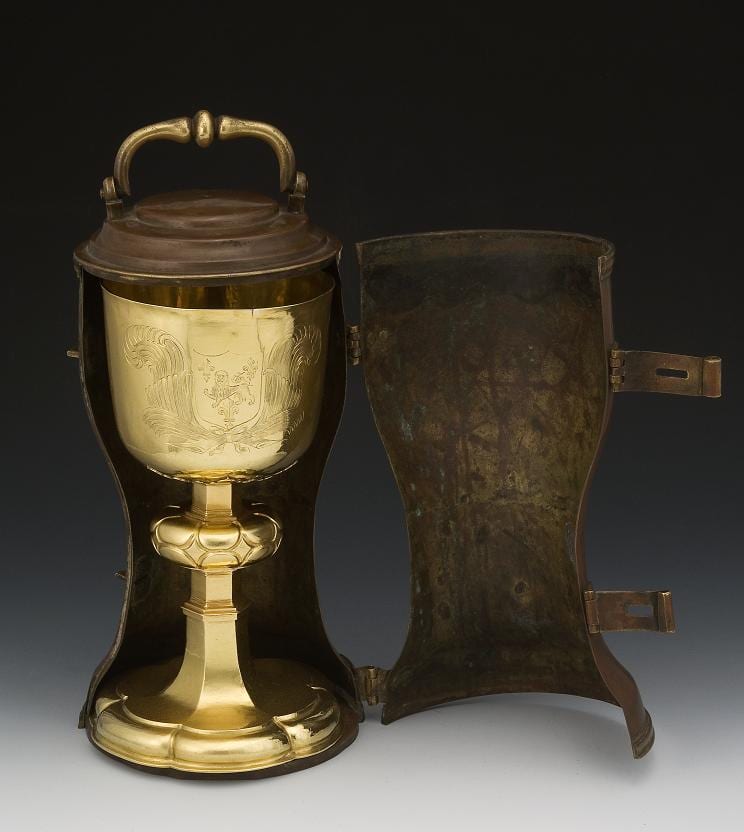Conclusion
The last record of Thomas Davies in West Africa is the letter that he and the factors wrote at Fort Cormantine on 4 March 1662/63. According to a letter written by Captain Stephen Mitchell at Fort Cormantine on 1 April 1663 ‘Agent Davis was Embarqued on a Dutch Vessel in prosecution of his Voyage for England’ but by the time of the Company’s reply dated 10 August ‘hee is not yet arrived.’ The Company was clearly eager to get Davies’s report on the Company’s affairs in West Africa, writing in the same letter, ‘Wee hope it will not bee long ere the arriveall of Mr Davies with vs, from whome we question not to receive ample sattisfaction how affaires stood at his departure.’[1] A minute of the Court of Committees dated 21 August 1663 implies that Davies had then arrived: ‘Certain Committees are requested to speak with Thomas Davis, late a factor at Guinea, and take account of the Company’s affairs in those parts.’ This is the first of numerous references in the minutes to examination of Davies’s accounts, which finally appeared close to a conclusion on 21 February 1665/66: ‘Matthew Goodfellow moving the Court to settle the account of Thomas Davies, certain Committees are entreated to endeavour to determine this by compromise.’[2]
Davies was once again resident in Barbados by 18 August 1664 when he signed his will. The proving of the will in Barbados on 24 July 1667 provides us with an approximate date for his death. With typically dogged East India Company thoroughness, the Court of Committees continued to examine Davies’s accounts, minuting the need for this on 27 January 1667/68 and 1 July 1668.[3]
By this date Davies’s exceptional gift of a gold cup graced the church of St Mary in Welshpool. Here, in regular use as intended and in conjunction with the inscription on Davies’s cenotaph, it would have served as a physical reminder to parishioners of its donor in Barbados and through him of the town’s connectedness to a wider world of empire and burgeoning trans-Atlantic trade. For Davies himself, the cup represented a material and psychological link in perpetuity to his Welsh roots. It survives to this day to encapsulate how the East India Company was one vehicle for the Welsh to prosper as part of the early development of the English empire. What we know about Thomas Davies of Welshpool and Barbados is tantalisingly sketchy, but the East India Company correspondence in particular evokes a vivid and fascinating picture of a West African trading environment that was logistically challenging, multifariously dangerous and yet for a man like Davies, trusted by his employer and socially well connected, ultimately extremely rewarding.
